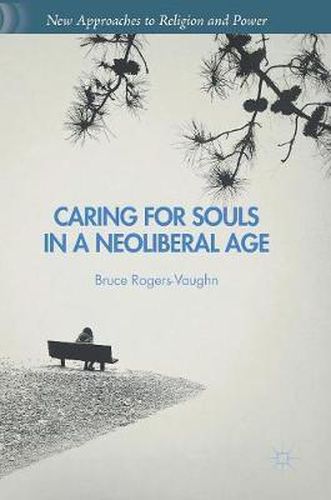Readings Newsletter
Become a Readings Member to make your shopping experience even easier.
Sign in or sign up for free!
You’re not far away from qualifying for FREE standard shipping within Australia
You’ve qualified for FREE standard shipping within Australia
The cart is loading…






This volume offers a detailed analysis of how the current phase of capitalism is eating away at social, interpersonal, and psychological health. Drawing upon an interdisciplinary body of research, Bruce Rogers-Vaughn describes an emerging form of human distress-what he calls “third order suffering’-that is rapidly becoming normative. Moreover, this new paradigm of affliction is increasingly entangled with already-existing genres of misery, such as sexism, racism, and class struggle, mutating their appearances and mystifying their intersections. Along the way, Rogers-Vaughn presents stimulating reflections on how widespread views regarding secularization and postmodernity may divert attention from contemporary capitalism as the material origin of these developments. Finally, he explores his own clinical practice, which yields clues for addressing the double unconsciousness of third order suffering and outlining a vision for caring for souls in these troubling times.
$9.00 standard shipping within Australia
FREE standard shipping within Australia for orders over $100.00
Express & International shipping calculated at checkout
This volume offers a detailed analysis of how the current phase of capitalism is eating away at social, interpersonal, and psychological health. Drawing upon an interdisciplinary body of research, Bruce Rogers-Vaughn describes an emerging form of human distress-what he calls “third order suffering’-that is rapidly becoming normative. Moreover, this new paradigm of affliction is increasingly entangled with already-existing genres of misery, such as sexism, racism, and class struggle, mutating their appearances and mystifying their intersections. Along the way, Rogers-Vaughn presents stimulating reflections on how widespread views regarding secularization and postmodernity may divert attention from contemporary capitalism as the material origin of these developments. Finally, he explores his own clinical practice, which yields clues for addressing the double unconsciousness of third order suffering and outlining a vision for caring for souls in these troubling times.